“I’ve always believed Watchmen was ahead of its time. The idea of a superhero team, which it so brilliantly subverts, wasn’t yet a thing in movies,” Christopher Nolan told The Hollywood Reporter. “It would have been fascinating to see it released post-Avengers.”
I adore Christopher Nolan. One of his films, The Dark Knight, changed me. And I hold other films he’s directed, starting with Memento, in the highest esteem. Other than Interstellar. (And the only problem with Interstellar were plot holes.)
But before Watchmen, “The idea of a superhero team ,,, wasn’t yet a thing in movies?”
Dear Mr. Nolan: The first abundance of superhero team films was not in the 2010s, but the 2000s
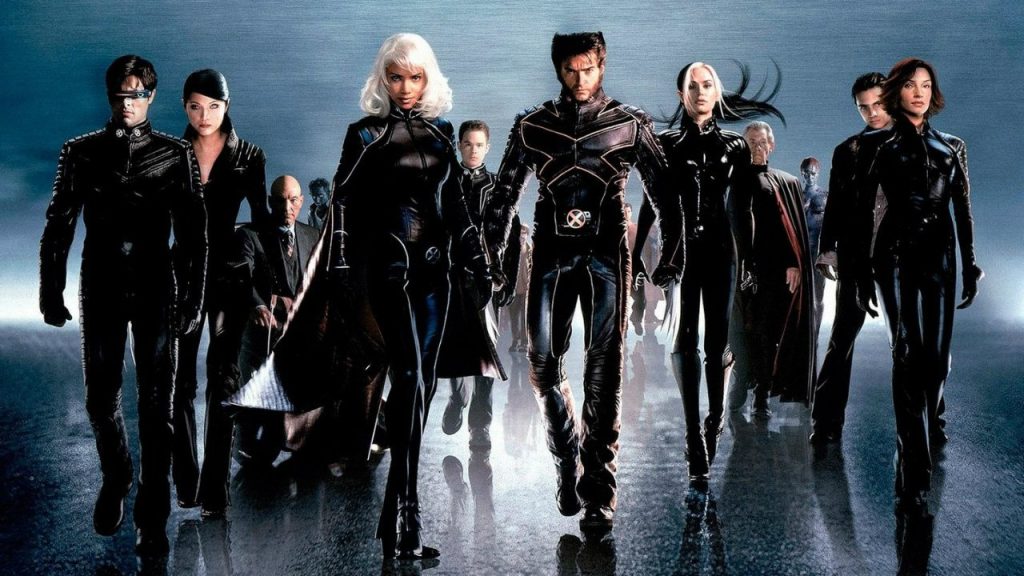
Many superhero team films were released before Watchmen, a Zack Snyder film, was in 2009. That includes the X-Men trilogy with Hugh Jackman, Patrick Stewart, Ian McKellen and Halle Berry. And with a lot of super heroes! It also includes the Fantastic Four films with Jessica Alba and Chris Evans. The League of Extraordinary Gentlemen with Sean Connery. Mighty Morphin Power Rangers. Zoom with Tim Allen and Courteney Cox. Hellboy II: The Golden Army. And Teenage Mutant Ninja Turtles films.
And masses across the world saw these superhero team films, theatrically.
Superhero films didn’t get into nearly full swing in the 2010s.
They did in the 2000s.
There were other films, too — even in live-action. Those includes Birds of Prey, Mystery Men, Electra Woman and Dyna Girl.
Part of the zeitgeist already
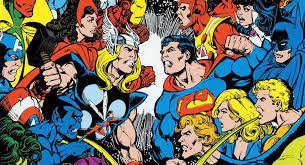
Also, even non-comic book readers knew about superhero teams before even the theatrical films about those groups. The Justice League and the Avengers most certainly were a thing. (As an example, I have never even been a comic book reader at any age. Aside from a few Superman comic books I read as a teenager. Yet, I knew about the Avengers and the Justice League before the Marvel Cinematic Universe and the SnyderVerse.)
Also, I wouldn’t be surprised to learn that most of the many media who reported Nolan’s remarks did so because they privately thought he was right.
Nolan and the Oppenheimer effect
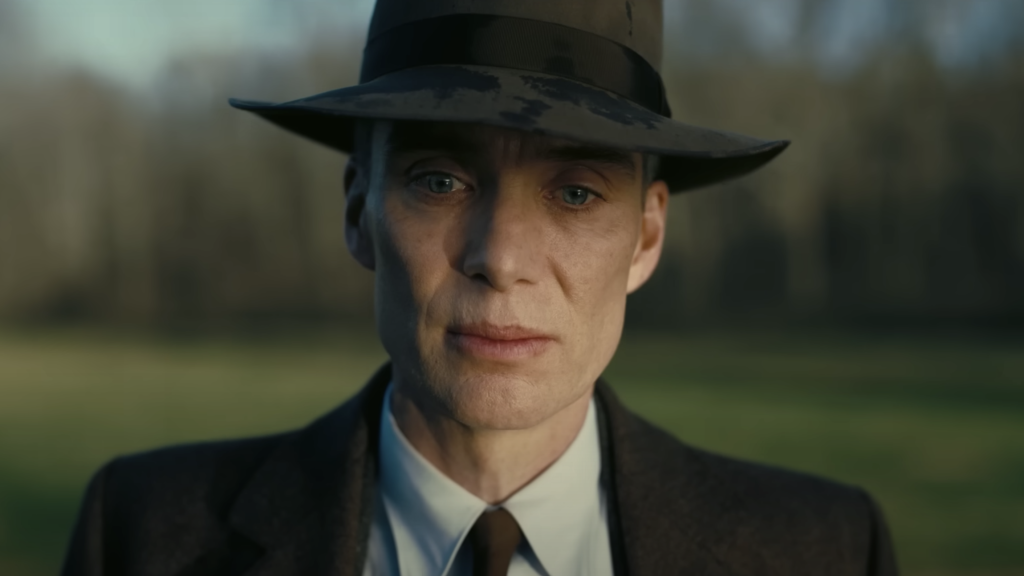
Much of the blame lies with the Oppenheimer craze.
But that doesn’t mean Nolan is right about Watchmen.
And media needs to think more critically about things Nolan is saying. Many seem to be gobbling up too much of what he says during this still-alive craze. Or perhaps more darkly, they are reporting and commenting on too much of what he says. Why? Because it will get clicks given (deserved) adoration by the masses for Oppenheimer.
Nolan himself wants to move on from Oppenheimer. And media should not let it influence how they go about their profession. Perhaps it was excusable in the wake of the film’s release date. It certainly isn’t now, however. Instead, media should do as their job requires. They must think critically about what they are told and research regarding an issue.
Let’s not overblow Marvel Studios’ impact

Marvel Studios should be lauded. It created a cinematic universe previously unheard of. In that respect, the Disney subsidiary changed Hollywood.
However, superhero teams in movies were already a thing.
And I’m surprised the truly great Christopher Nolan apparently doesn’t know this.
(And for what it’s worth, I love that Watchmen subverts the idea of a superhero team. Like Nolan does. Also for what it’s worth, there were many non-superhero team films released before Watchmen, too, Those films include four Christopher Reeve Superman films; four Batman films from 1989 to 1997; Hulk; Superman Returns; the Tobey Maguire Spider-Man trilogy; Iron Man; and The Incredible Hulk. Besides Nolan’s Batman Begins and his Dark Knight.)

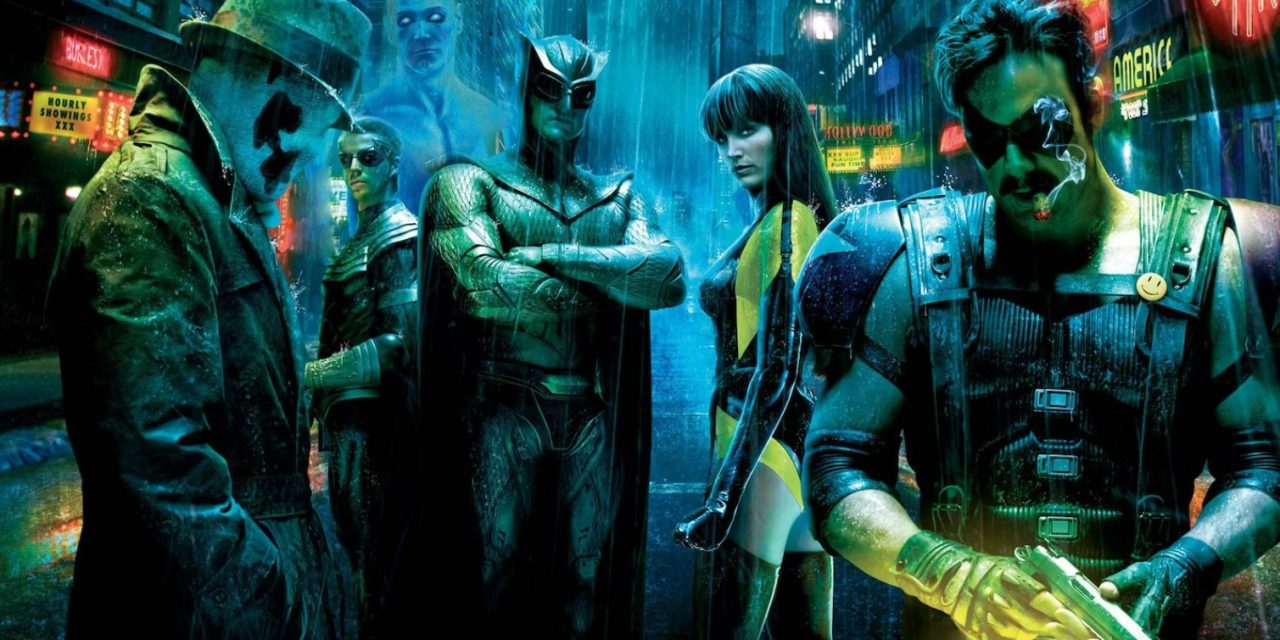
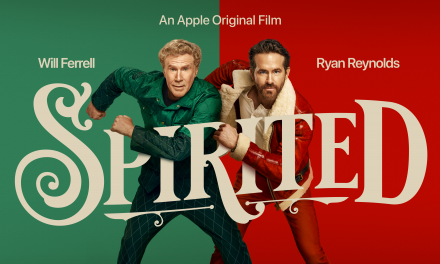

![Interview with the Vampire: The Laws of Being a Vampire [TEASER]](https://thathashtagshow.com/wp-content/uploads/2024/02/IWTV_200_LH_0518_0545_RT-440x264.jpg)
